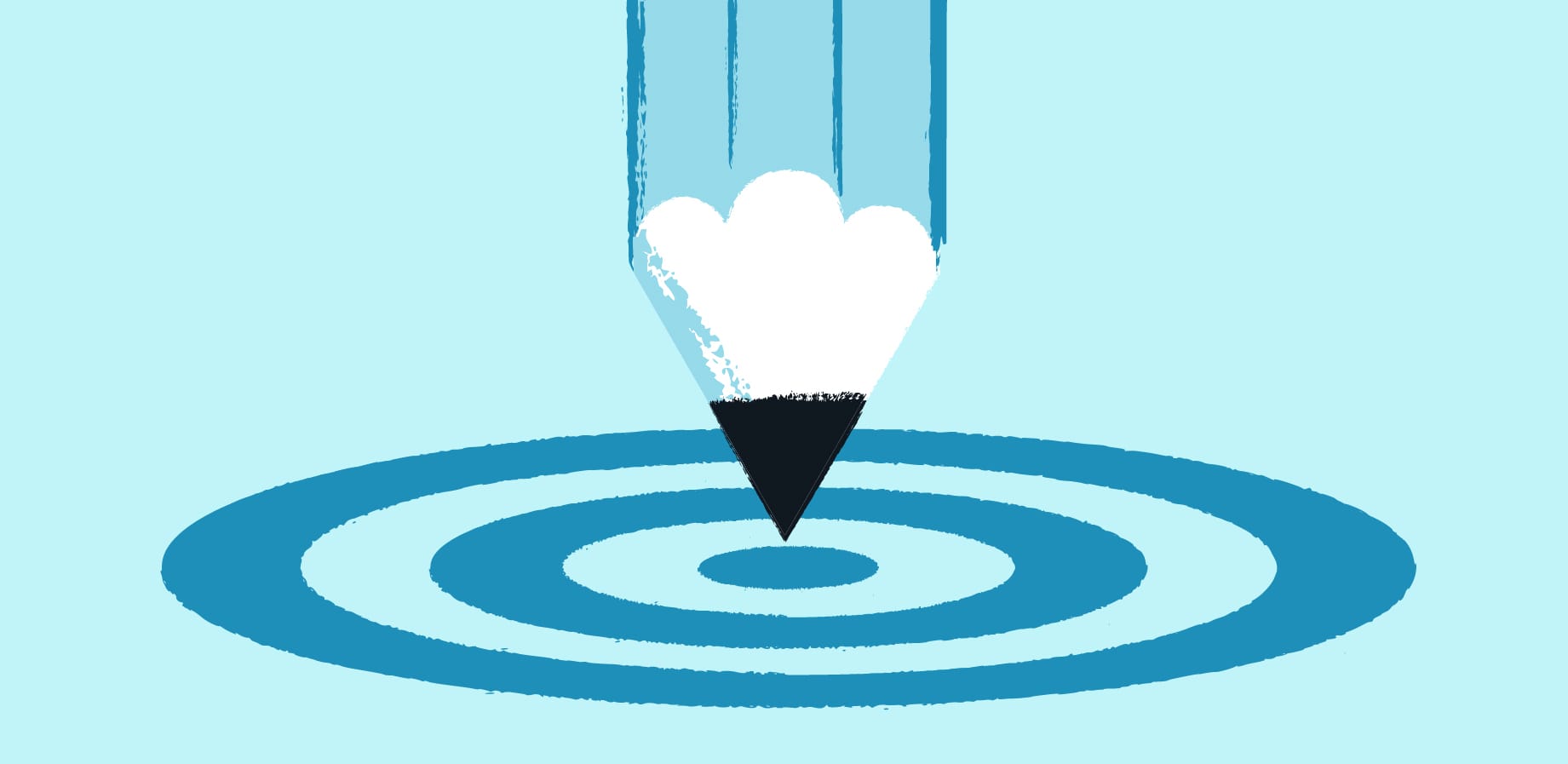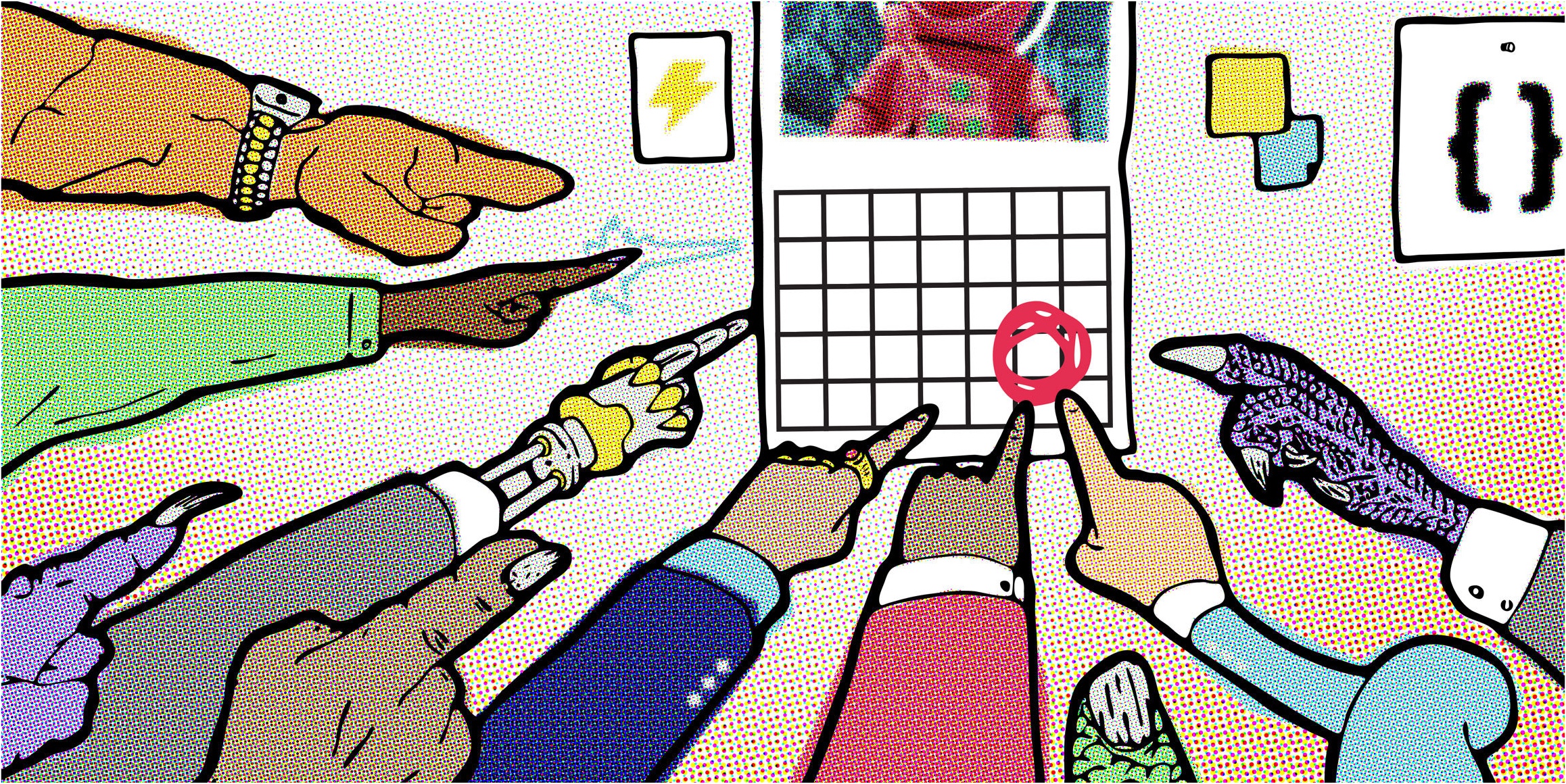When it’s time to collaborate with an agency, every brand submits a project brief targeting their critical needs. “Build awareness,” “raise revenue,” and “increase consideration” are common goals, so much so they can probably be left out entirely.
Because realistically, what brand wouldn’t want to see those results from working with an agency? Outlining your objectives is part of any planning process. But briefs that provide your agency with actionable direction deliver the best results.
But more than reconsidering how to approach a brief, you have to first shift your expectations around it. Instead of working for months to build the perfect brief, you should instead view it as a document that's open to exploration and, ultimately, deconstruction.
By rewriting your proposal and playing what they hear back to you, your agency internalizes your needs so it can get to work. Plus, by approaching the brief as a flexible document that encourages discovery, you gain more insights into your brand's problems. With a brief that examines the framework of your project instead of its idealized end results, both sides of the engagement work together that much better.
Focus on direction over details to shape an effective brief
A brief sets the direction of any project. As a result, there’s a natural tendency for brands to place too great a focus on laying out the details behind the work you need rather than the bigger picture.
In some way, this impulse may be a hangover from the early days of collaborating with digital agencies. As brands prepared their briefs, they worried they needed to list every spec for a project's needs. Otherwise, an agency would play an elaborate game of “gotcha.” If a key detail wasn’t specified in the brief, then the agency wouldn’t have to be responsible. “Oh no,” they'd say as the scope of the project changed. "You only said eight banners, but now you need ten?”
Obviously, that’s a terrible way to do business. At We The Collective, we’re trying to find and create the solution to a client's problem – even if that hasn’t yet been fully identified in the brief. As a project unfolds, there’s bound to be changes in approach and other surprises. Instead of spending so much time perfecting your brief, your brand should partner with a flexible agency capable of adjusting to new information.
Above all, your brief should not be viewed as the solution that informs every step taken by your agency partner. When researched and assembled effectively, the brief ultimately provides a list of your problems.
With a collaborative agency, every brief can be a work in progress
In addition to establishing direction for your project, a great brief can be a collaborative effort with the right agency. For many brands, opening the brief to outside input upends a process driven by micro-level focus that concludes with the grand presentation of a brief. To better determine what your project needs, why not write the brief with your agency before work really begins?
Through discovery research, your agency begins to uncover the problems your brand needs to resolve. Before even committing to the project, we try and learn all we can about your business. Through brainstorming exercises, your agency can develop higher-level questions around your project and its market. Depending on the industry, it’s relatively easy for an agency to peek around the corner and figure out potential problems you may face with your target customer.
Just as the amount of money a brand spends on a media campaign can often be correlated with the costs of production, the amount of time you spend on a brief should be relative to the size of your project. If your project costs around a half a million dollars, then an investment of some $20,000 upfront to ensure your project is defined properly is a worthwhile investment.
Every opportunity to dig into customer research stands as another chance to validate any brief's assumptions. The insights found during discovery may change the direction of your project. But it’s better to find these shifts early rather than after a design starts taking shape.

Parameters for your agency's approach delivers more targeted solutions
The discovery process allows your agency to better identify your problems and establish a foundation for its approach. With the following guidelines in place, your design partner can target your specific needs.
Focus on clear, measurable results
If your main challenge centers only on sales goals, your project can easily go off course because there are so many ways to pursue such a broad solution.
Specific sales numbers are difficult for agencies to act upon without context. Even establishing a desired percentage of change from the prior year is more useful than a brief that focuses solely on raw sales totals.
Assets and constraints provide much-needed creative guidelines
An asset could refer to a large database of customer research, or an upcoming sponsorship deal. For your agency, both attributes could be leveraged in finding the solutions your project needs.
In some cases, certain language constitutes a legal constraint that an agency must accommodate. Once we know the size and shape of the sandbox and the tools at our disposal, we can better pursue the right solution.
'Even over' statements drive problem-solving
Similarly, guidelines from your brand that set priorities for approaching its problem help drive the solution. Called “even over” statements, these exercises establish a strategic hierarchy about what results are most important.
For example, imagine you want to maximize revenue even over profitability; or awareness even over sales. Creating these comparisons set a hierarchy and allow your agency to build a framework that will guide its decisions.
Briefs are dynamic, flexible documents
As you submit a brief to an agency that outlines your needs, you should expect to receive one in return. To deliver impactful work, your agency must really dig into your business problems, which is ultimately a collaborative process.
If an agency accepts your brief and simply gets to work, then they’re really more of a production house. That kind of compliance can be appealing, but it won't yield the results you need. To ensure your project meets your business needs, you need an agency that values pursuing the best solution for you with a sense of flexibility and discovery. Contact us to learn more about how We The Collective works.


